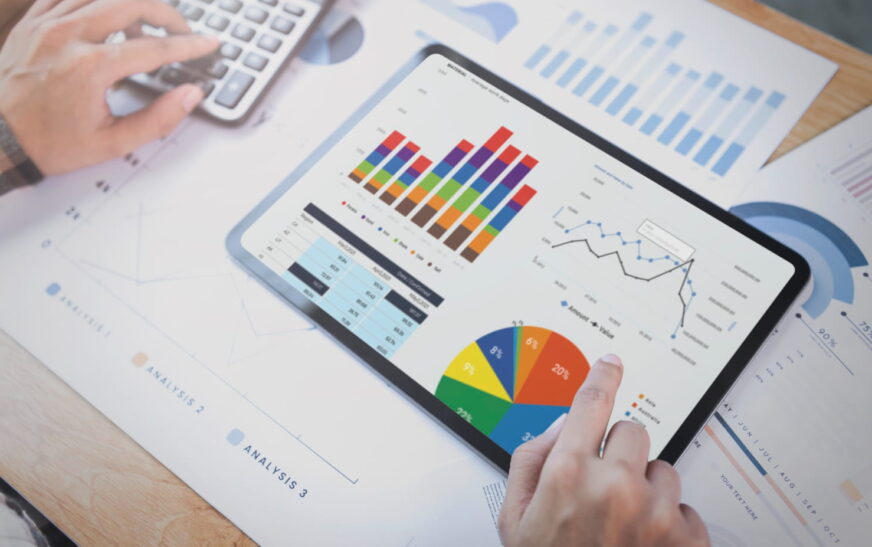Data Collection is a powerful tool in ABA (Applied Behavior Analysis) and plays a pivotal role in guiding therapy decisions, tracking progress, and optimizing treatment outcomes. This comprehensive guide delves into the intricacies of traditional ABA data collection methods and the transformative role of ABA data collection software in enhancing accuracy, efficiency, and collaboration.
Understanding Traditional ABA Data Collection:
- Identifying Target Behaviors: The journey begins by pinpointing specific behaviors for modification. Collaboratively defined and quantified with clients, caregivers, and specialists, these target behaviors set the foundation for data collection.
- Establishing Baseline: A baseline is established by therapists using collected data on target behaviors over a defined period. This serves as a reference point to gauge treatment progress.
- Crafting Data Collection Plans: Therapists devise strategies for gathering behavioral data, which may involve direct observation, self-reporting, and other methods tailored to the behaviors in question.
- Conducting Data Collection: Data collection commences as therapists document target behaviors using varied techniques, including frequency, duration, and intensity measurement tools.
- Analyzing Data: Collected data undergoes analysis to unveil trends, patterns, and progress toward treatment objectives. This data-driven insight informs therapy adjustments and choices.
- Sharing with Stakeholders: Therapists share collected data with caregivers and healthcare providers involved in the patient’s care. This fosters collaboration and alignment on treatment plans and goals.
- Modifying Treatment Plans: Informed by data analysis, therapists adapt treatment plans to ensure efficacy and individualized approaches aligned with the patient’s unique needs.
Tips to collect Data for informed treatments:
- Establish clear data collection goals to align with treatment objectives.
- Train staff consistently for accurate and uniform data recording.
- Use technology to streamline and enhance the efficiency of data collection processes.
- Implement a standardized system to ensure data consistency across various therapists.
- Regularly review and analyze collected data to identify patterns and trends.
- Foster open communication among team members to address challenges in data collection.
- Prioritize confidentiality and compliance with ethical standards in data handling.
- Utilize visual aids and charts for a comprehensive and accessible representation of data.
- Periodically reassess and update data collection procedures to adapt to evolving needs.
- Foster a culture of continuous improvement, encouraging feedback and refining data collection practices over time.
Leveraging ABA Data Collection Software:
- Enhanced Accuracy: ABA data collection software standardizes data collection forms, automating entry to minimize human error and ensuring reliable, precise data.
- Increased Efficiency: Automation of tasks such as data entry and report generation enhance efficiency, freeing therapists to focus on treatment planning and patient interaction.
- Advanced Analysis: Data visualization tools, trend analysis, and progress tracking empower therapists to make informed decisions and adjust plans based on insightful data analysis.
- Improved Communication: Central repositories for data and progress tracking within ABA data collection software foster seamless communication among therapists, clients, and caregivers.
From traditional ABA data collection methodologies to cutting-edge ABA data collection software, the journey is one of precision, collaboration, and informed decision-making. Embrace this powerful duo to elevate the quality of therapy, optimize treatment outcomes, and empower individuals on their unique developmental journeys.
To explore the synergy between ABA and innovative data collection tools, discover the capabilities of TherapyPMS in collaboration with strategic partners like Hi Rasmus, Zig Zag, ReThinkBH, Behavior Flow, and ABA Desk. Contact us at [email protected] or call +1 (844)-440-1844 to embark on a transformative therapy experience.
